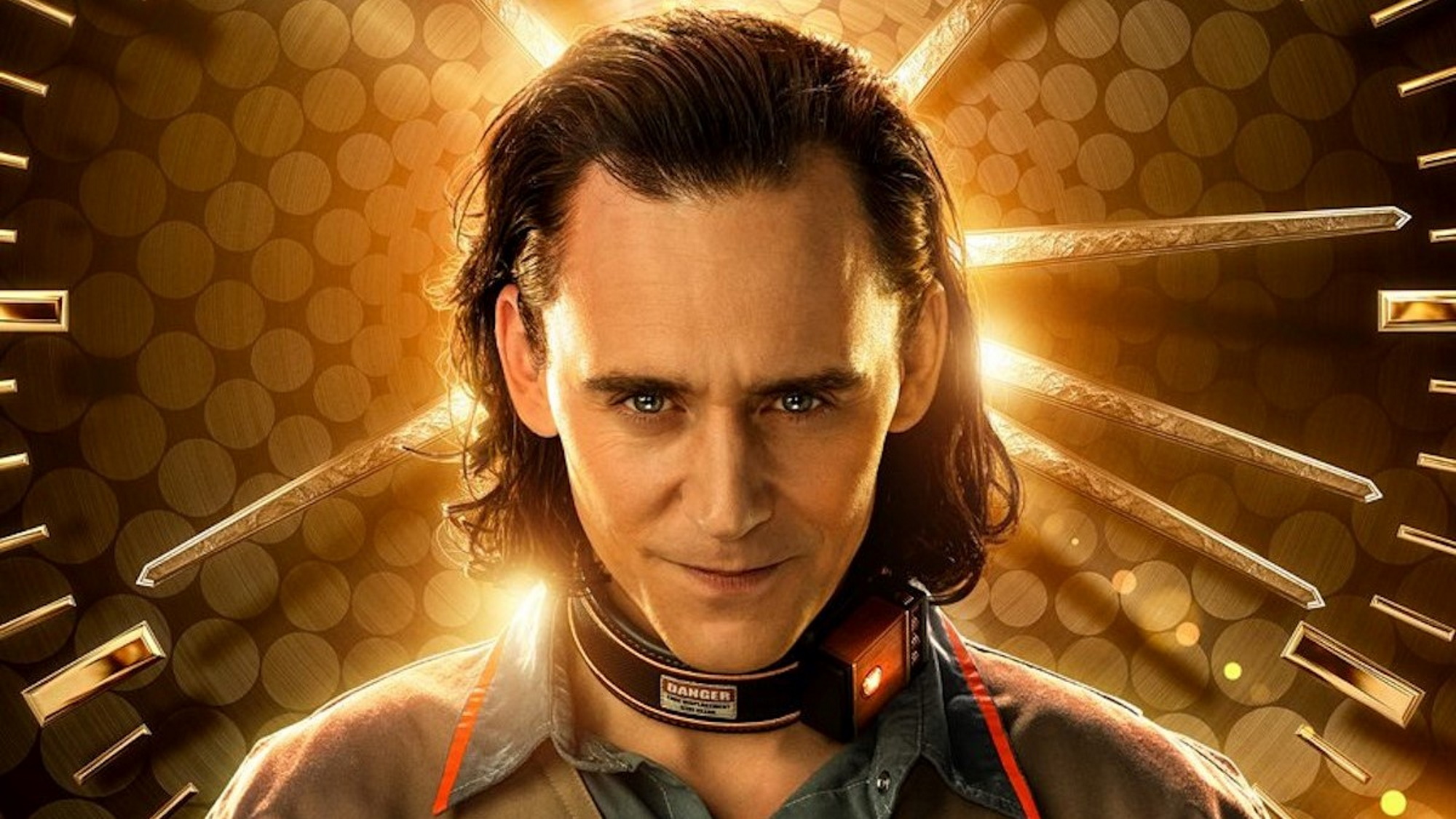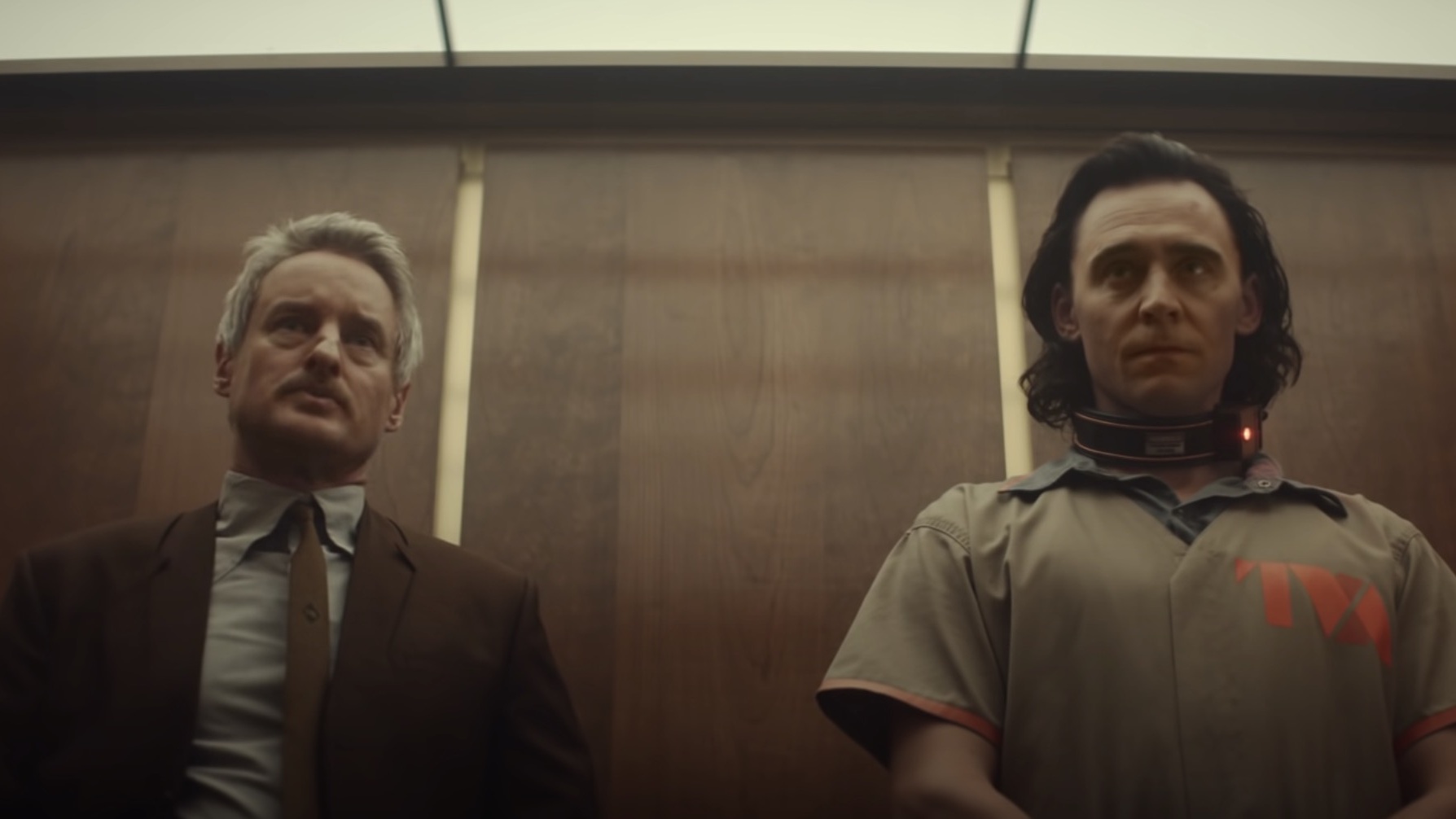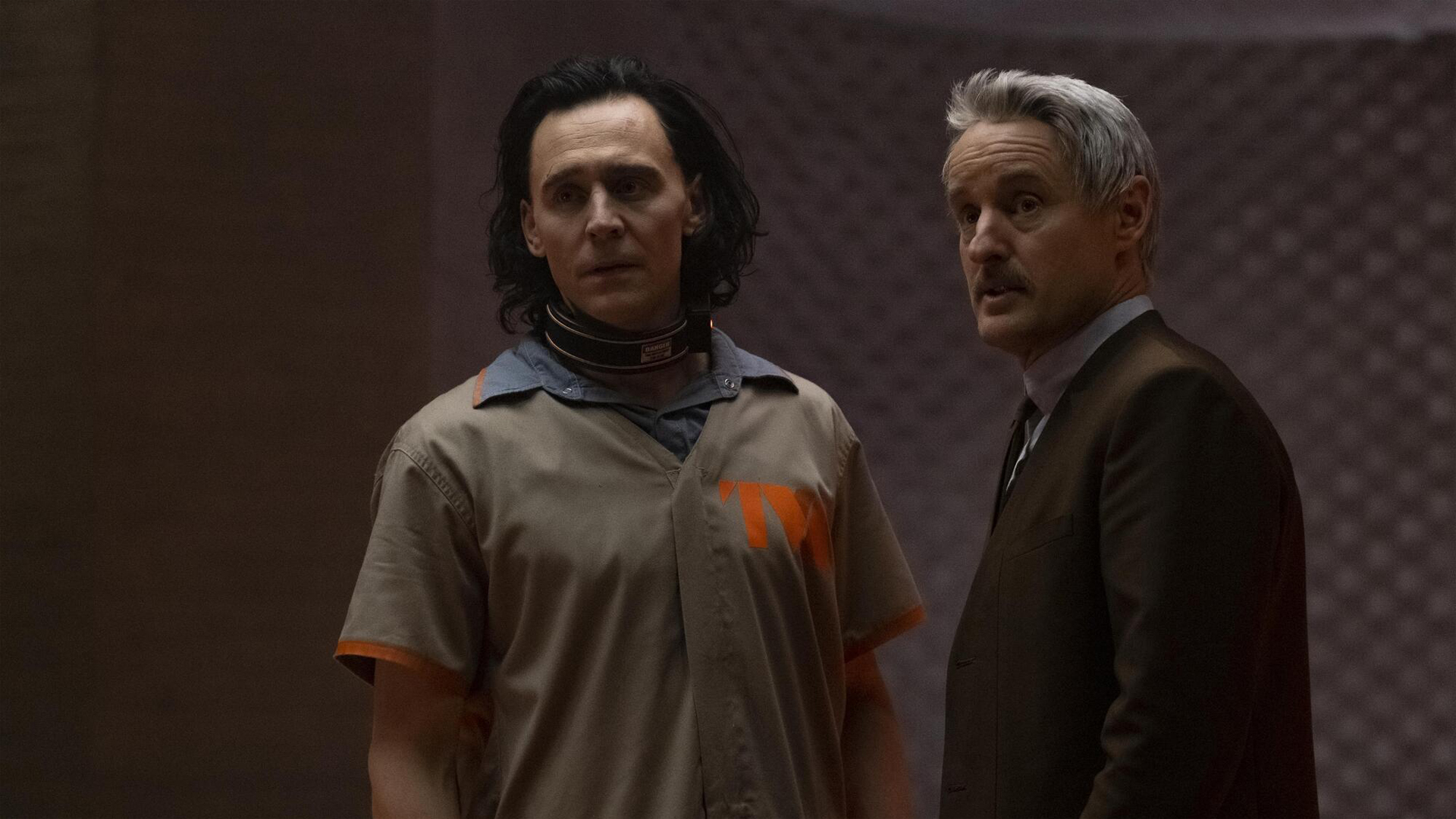Loki promised one type of TV show, then delivered a worse one
Opinion: Has Loki missed out on its full potential?

Spoilers for Loki episode 5 follow.
My interest in Loki has faded fast. I'm still watching the Disney Plus show and enjoying plenty about it – Alligator Loki was a treat, as was a fleeting appearance from Richard E Grant as Old Loki – but in my eyes it's gone from being an elite-tier MCU production to a somewhat lesser one over the last three episodes. And I think this comes down to the show feeling like it's in a rush, continually upending the status quo before it's really had the chance to establish one.
Here's my problem. When the show started out, it presented us with a cool premise. Loki is plucked from his universe by the Time Variance Authority, because he'd stolen the Tesseract in the events of Avengers: Endgame and basically followed a path through time that he wasn't supposed to be on. We saw that the TVA is a bureaucratic organization with strict rules – and that they work on behalf of the Time Keepers, some godly lizard men who protect the 'sacred timeline' (which seemed like a metatextual reference to the MCU itself).
The initial hook of the show is that Loki reluctantly teams up with the TVA to help track down a rogue, alternate universe version of Loki – one who's brutally murdered agents of the organization. It was clear from the start that the series wanted to get us invested in the relationship between Loki and Mobius (Owen Wilson). Mobius doesn't trust Loki, but has a strange fondness for him, and Loki is still devious but seems to reciprocate that affection.
Loki abandons that setup by episode 3 and becomes something else.
At this point, the TVA killer and rogue Loki is revealed to be Sylvie – who was kidnapped from her reality by the organization as a young girl, and now wants revenge. She then becomes the series' co-lead. The tension built up by the end of episode 2 around how deadly she is, and what she's capable of, dissipates entirely. Episode 3 cruelly doesn't feature Owen Wilson at all.
Loki and Sylvie team up, and this forms the crux of the rest of the series. I don't mind Sylvie as a character, and I think Sophia Di Martino does a great job in matching some of Tom Hiddleston's energy while bringing something fresh to the MCU. But the weird flirty dynamic between them essentially hijacks the show, and reminds me of modern Doctor Who in a bad way.
Sign up for breaking news, reviews, opinion, top tech deals, and more.
- How to watch the Marvel movies in order
- Is Kang the Conqueror the true villain of Loki?
- How to watch Black Widow online
Changing lanes

The problem is, once the show brought Sylvie into the story, the writers abandoned the great premise of two detectives teaming up to hunt down a rogue Loki.
Let's not forget, the reason 'Lady Loki' seemed like such an interesting threat is that she murdered entire squads of TVA soldiers across different eras of history – and didn't seem to mind messing with the course of time as she went. We saw she was ruthless, and smarter than anyone else in the series.
By Loki episode 3, the show flips who the enemy is, by pointing out the very obvious twist that the TVA is not what it seems. But how much time have we actually spent with the TVA when we reach this discovery? Two episodes, basically. If the point is that the Time Keepers reveal in episode 4 was supposed to upend the status quo of Loki, I would argue that status quo had barely been established or earned. It meant the twist had little meaning to me as a viewer.
What I think they've done is compressed two seasons' worth of TV into one. I would've preferred a Loki season 1 that was all about the TVA – Loki and Mobius traveling across history as part of a manhunt, essentially, and being pulled into more ludicrous historical set pieces like the Pompeii sequence we saw in episode 2. We could've spent more time in those beautifully designed TVA offices, establishing what actually motivates Judge Renslayer, and deepening the myth of the Time Keepers. The full introduction of Sylvie could've been saved for a season finale, using her instead as a deadly background threat.
A second season, I think, could've been just about Loki, Sylvie and the truth behind the TVA. It's all been happening on fast-forward instead – like it began as a timeline-jumping detective show, then had to transform into a big blockbuster sci-fi adventure without catching its breath.
Owen Wilson is still the best thing about Loki

The show is going to great pains to tell us how Loki and Mobius are good pals – there's been a teary goodbye between the pair two weeks in a row – but the show hasn't worked hard enough to actually put this friendship on screen. It's curtailed this intriguing and genuinely funny partnership before it ever really got going, in favor of Loki and Sylvie's weird romance, which doesn't feel as creatively successful to me.
Two Lokis together aren't actually that watchable, in my opinion; an arrogant Loki being mocked by a seen-it-all detective is a pairing with a great energy.
The problem is, even though he's not really at the center of the story the writers are telling, Owen Wilson is the best thing about this show. He does something the MCU desperately needed: he changes its style of comedy.
For some time, the MCU has felt like it's been reheating Joss Whedon's type of humor and dialogue – which works so successfully in The Avengers and Age of Ultron. Occasionally, a different comedic style enters the picture, like Shane Black's Iron Man 3 or Taika Waititi's Thor: Ragnarok. But for the most part, The Avengers has been a blueprint for so many of the MCU movies' approach to character writing, partly because Whedon defined the voice of most of its big heroes.
That's definitely had its time, and Loki shows us another way. Owen Wilson is quiet, sardonic and deadpan as Mobius – it's a nice contrast to the wisecracks we're used to from the MCU. Why isn't he the second main character in this show? Why, after episode 2, is he fighting for screen time when the reason we were sold on Loki is because of his dynamic with the god of mischief?
It's just a shame to see that Loki cares less about that than I do.
Instead, the show is now becoming more familiarly Marvel-y, hence the overly long smoky CG dragon set piece at the end of episode 5. This isn't enormously surprising, because it's mainstream entertainment and fans expect big action in their superhero fiction – and Loki is still inventive in its own way, particularly with its multiple versions of the protagonist in episode 5. I think the writers had something more compelling in their midst, though, and let it get away.
For me, it leaves WandaVision as the one truly successful Marvel small-screen project – that had a weird, engaging premise around different eras of sitcoms and committed to it until almost the very end. Loki feels more like two shows welded together.
Still: at least I like Alligator Loki.
Loki releases every Wednesday on Disney Plus.

Samuel is a PR Manager at game developer Frontier. Formerly TechRadar's Senior Entertainment Editor, he's an expert in Marvel, Star Wars, Netflix shows and general streaming stuff. Before his stint at TechRadar, he spent six years at PC Gamer. Samuel is also the co-host of the popular Back Page podcast, in which he details the trials and tribulations of being a games magazine editor – and attempts to justify his impulsive eBay games buying binges.